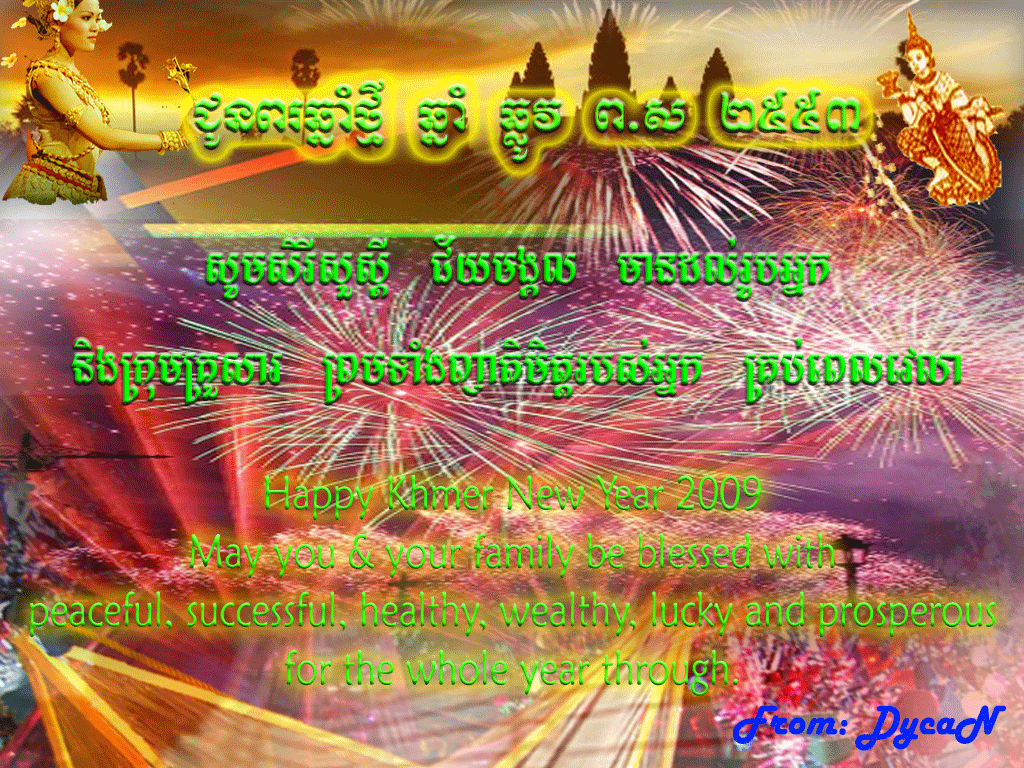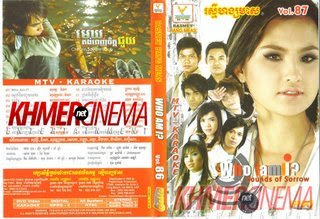 Cambodian villagers cross to work illegally in Thailand everyday.
Cambodian villagers cross to work illegally in Thailand everyday.Eight Cambodian villagers went missing while they went to cut trees near the borders with Thailand, reports
Deum Ampil newspaper.
Deum Ampil reports that on 21st April, eight Cambodians went to cut trees in the areas located on the borderlines with Thailand in Tropeang Prasath of Ouddor Meanchey province. They have disappeared and failed to return.
Among the eight missing, one was credibly suspected to be shot dead by Thai border guards and the other seven were also suspected to be killed by Thai border guards.
The eight villagers went missing when they entered Chup Roun Point located on the borderlines with Thailand to cut the trees there, reports Deum Ampil.....
Read the rest of the article here.
 A home stands perilously close to collapsing into the Tonle Sap river in Prey Leap, just outside Phnom Penh, on National Road 6 earlier this month. The owner has since fled the property, which is no longer safe to live in. River dredging has left homes along the river at risk from eroding riverbanks. (Photo by: DAP-News)
A home stands perilously close to collapsing into the Tonle Sap river in Prey Leap, just outside Phnom Penh, on National Road 6 earlier this month. The owner has since fled the property, which is no longer safe to live in. River dredging has left homes along the river at risk from eroding riverbanks. (Photo by: DAP-News)














